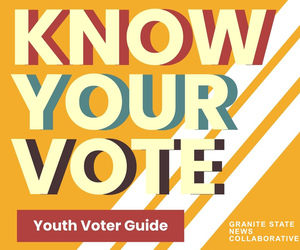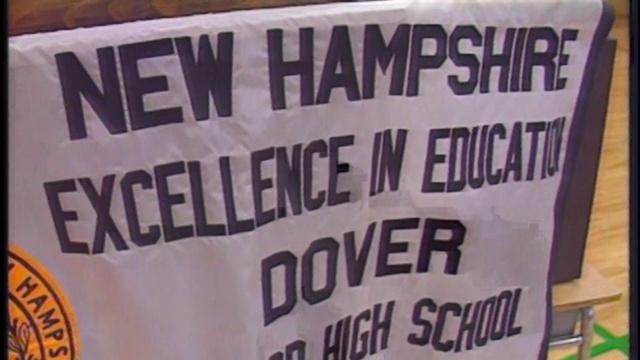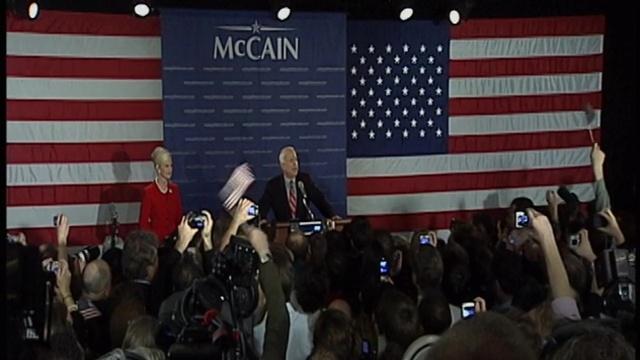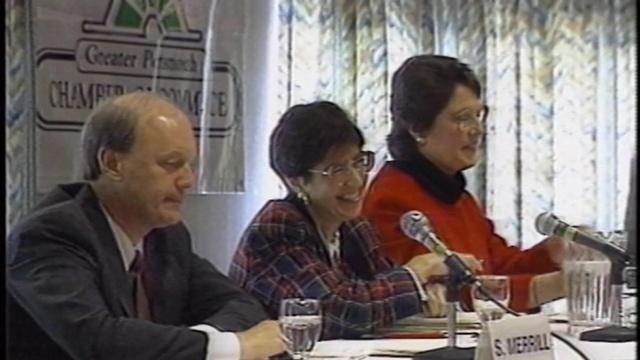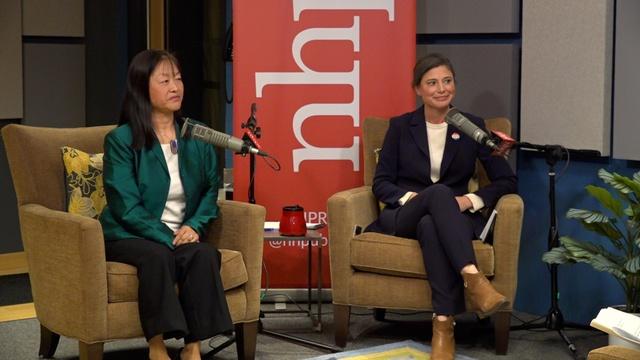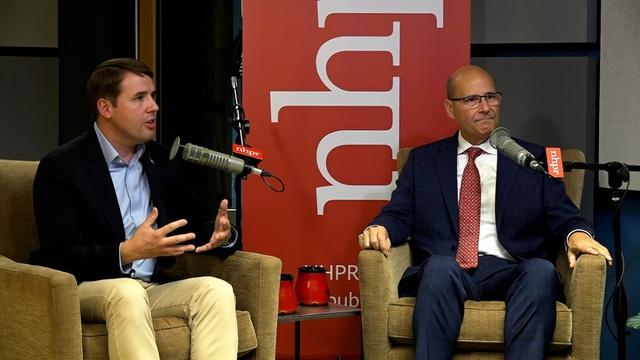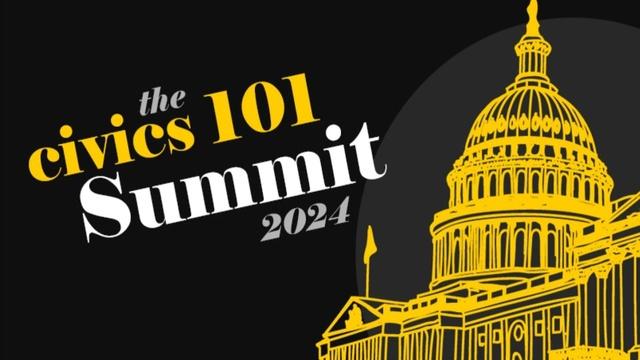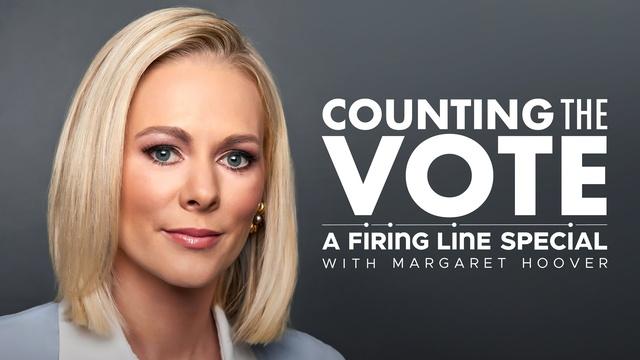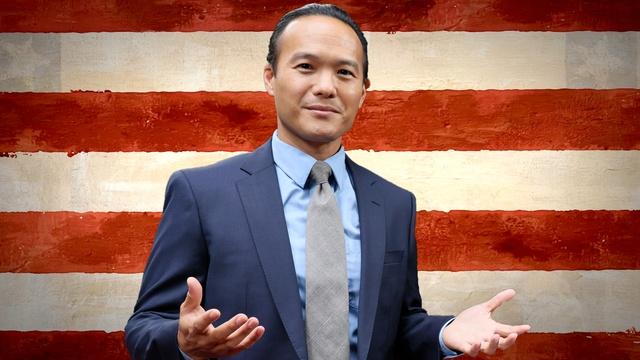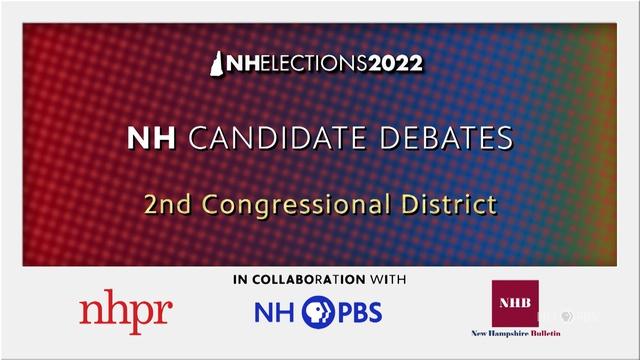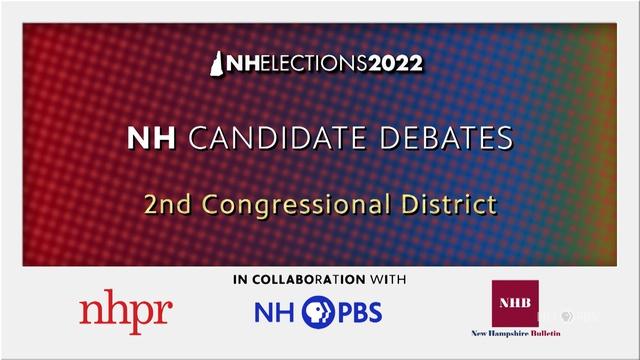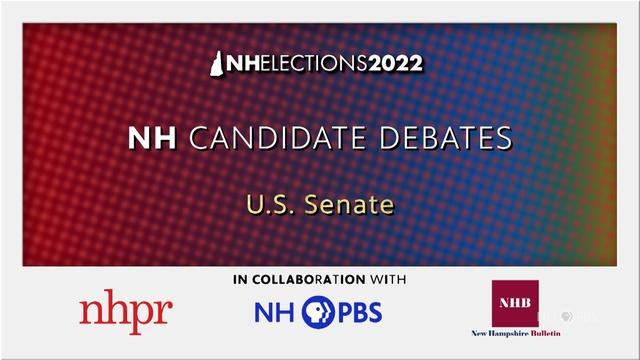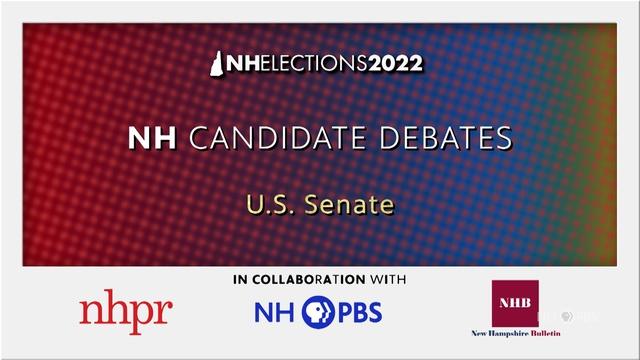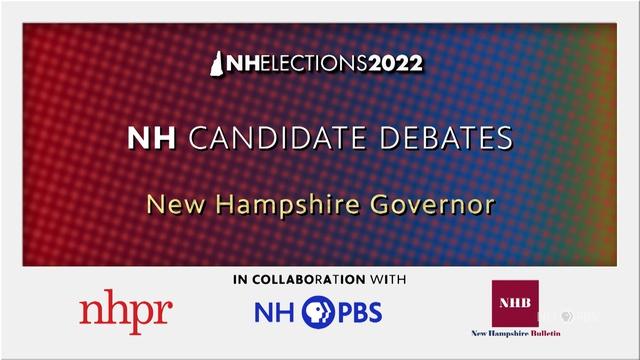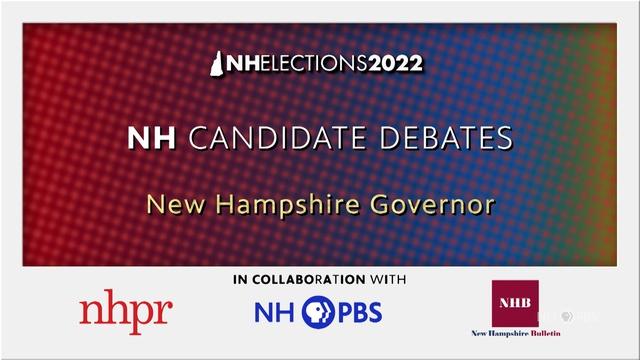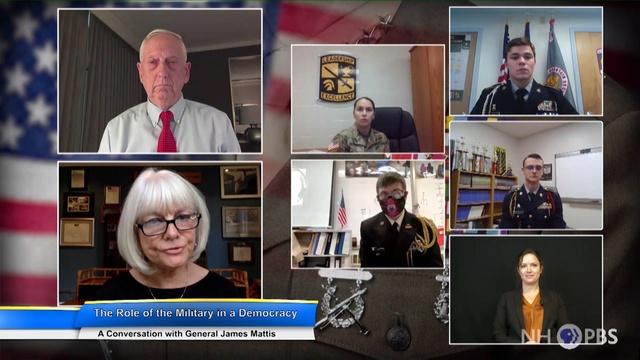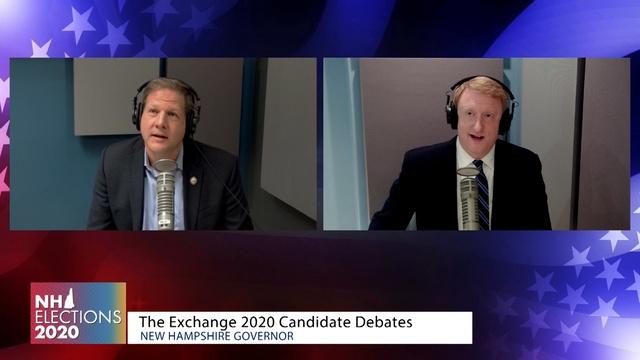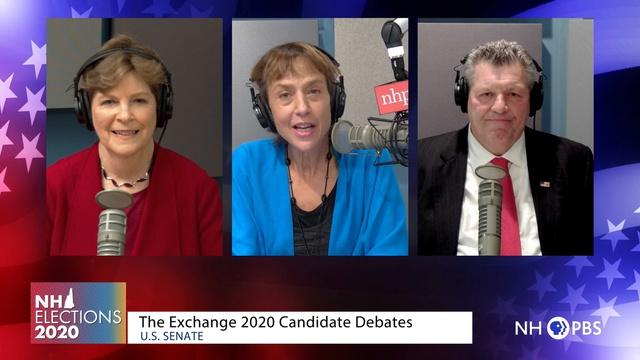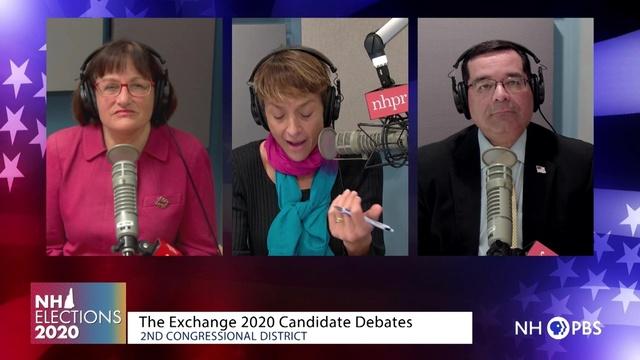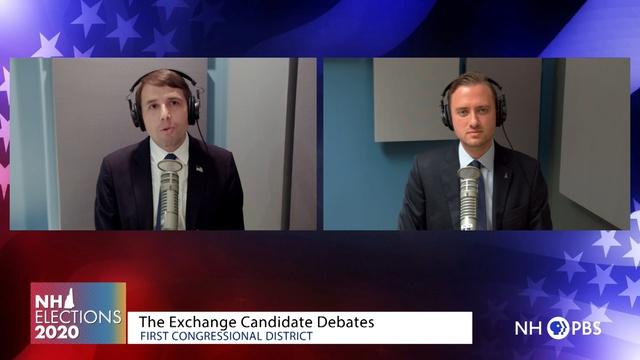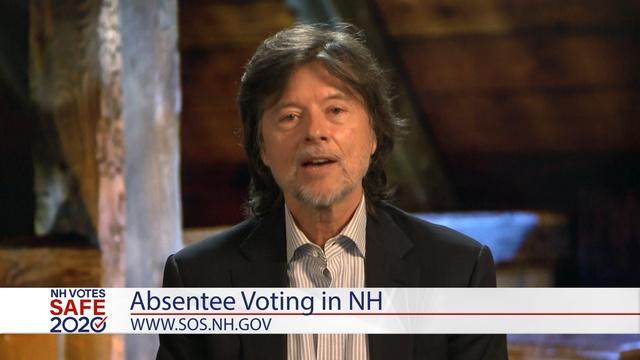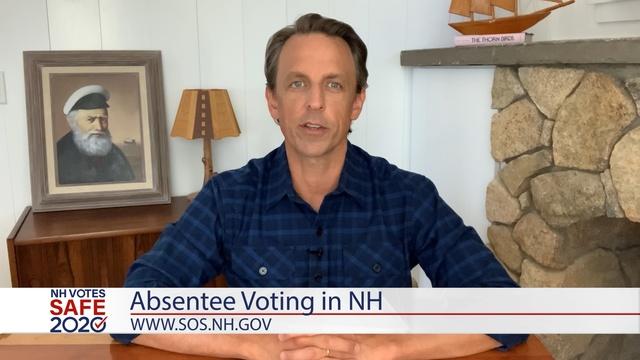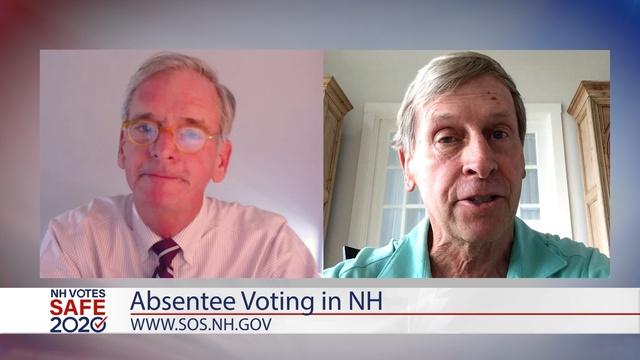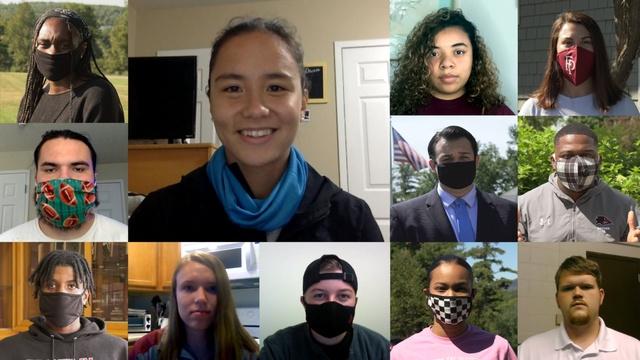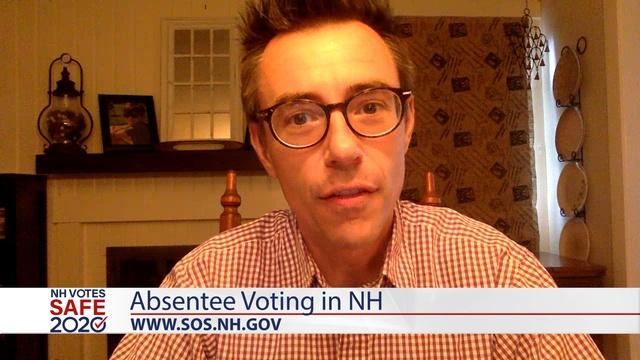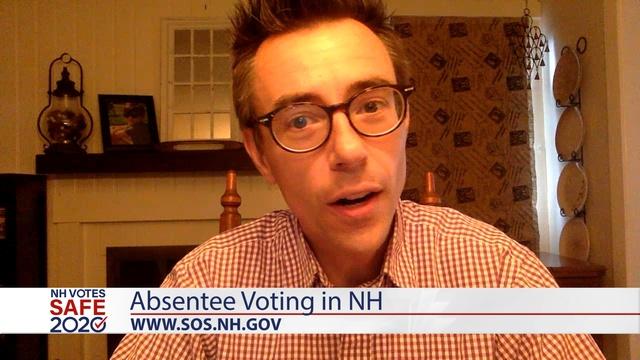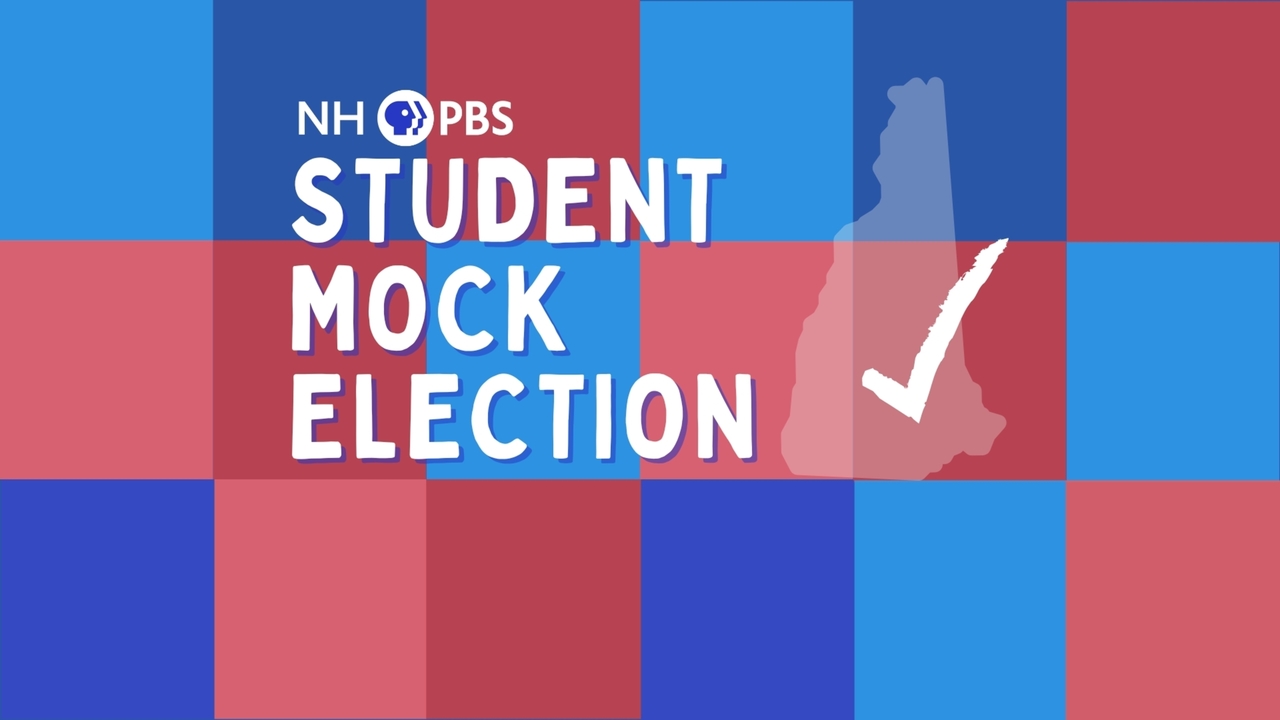Preparing to vote in New Hampshire
By: Mike Dunbar, Citizens Count
Whether you’re heading to the polls for the first time or you’re a seasoned New Hampshire voter, now is a great time to start getting prepared for the voting booth. From getting to know the candidates to locating your polling place, the process can feel overwhelming. In this explainer article, we’ll review some of the basics of voting in the Granite State and offer tips to make things easier.
Get to know who’s running
Reviewing the candidates and where they stand on important issues is a great first step. You can find out who will be on your ballot by looking at a sample ballot on the Secretary of State’s website or checking out the Elections page on the Citizens Count website.
Make sure you’re eligible and registered to vote
You can register to vote in New Hampshire if you are a U.S. citizen, spend the majority of the year living in New Hampshire, and will be at least 18 years old on the date of the next election. You can also vote in a New Hampshire election if you go to college here, so long as you don’t plan on voting back home as well. There is no minimum period of time you must live in the state in order to be eligible.
You can visit your local clerk’s office and tell them you wish to register to vote. The deadline to register ahead of Election Day is between 6-13 days ahead of time, depending on what town you live in. You can find the name and contact information of your town and city clerk on the Secretary of State’s website. You’ll want to bring certain documents when you register to vote. Voters have to prove their identity, age, citizenship, and where they live in order to vote:
- A driver’s license or non-driver ID from any state is proof of identity and age.
- A birth certificate, U.S. Passport/Passcard, or naturalization document is proof of citizenship.
Note: A driver’s license, even a Real ID compliant one, is NOT considered proof of U.S. Citizenship.
As for proving that New Hampshire is your primary home, there are many acceptable documents, including:
- a driver’s license that has your address on it
- A document from the school that you attend showing that you live in campus housing
- a rental agreement
If you can’t register ahead of time, you can also register on Election Day when you show up to vote. However, keep in mind that New Hampshire’s new provisional ballot law has officially taken effect. This means that first-time voters who don’t show proper identification and proof of residency at the polls will have to sign a sworn affidavit and have their photo taken. These voters will then be given an “Affidavit Voter Package” containing a special provisional ballot and details on how to submit identity documents to the Secretary of State. If a voter doesn’t provide the missing identification documents within seven days, their ballot will be thrown out and their vote removed from the totals.
Lastly, you may be able to register by mail if you meet certain criteria, like if you are disabled or serving in the military.
Not sure if you are registered to vote or not? Use the NH Secretary of State’s Voter Information Lookup tool to see your current status.
Locate your polling place and bring an approved form of ID
You can find your polling place and its hours of operation by filling out an online form. You can also ask your town clerk or check your local newspaper.
All voters need to show an approved form of ID, like a driver’s license or passport. Many New Hampshire student IDs are also accepted. You can find a full list of approved IDs on the Secretary of State’s website
If you forget your ID, you’ll still be allowed to vote, you’ll just need to fill out a sworn affidavit stating that you are indeed eligible to vote and have your photo taken. You can ask your election moderator for this. If you fill out an affidavit to vote, you will receive a verification letter after the election that you must return within 30 days. If you do not return the letter, the Attorney General will investigate whether you voted fraudulently.
If you want to vote in New Hampshire but can’t make it to the polls on Election Day (for certain reasons), you can request an absentee ballot from your town clerk. Once you’ve filled out your absentee ballot, you can mail it in or submit it in person to your clerk. Learn more about voting using absentee ballot here
What if someone tries to prevent me from voting?
If a poll worker tries to prevent you from voting, you can start by talking to your election moderator. The next step is to reach out to the New Hampshire Attorney General through their hotline, 1-866-868-3703 (866-VOTER03). If you still believe you have been wrongly denied the opportunity to vote, you can file an election law complaint with the New Hampshire Department of Justice. Visit the New Hampshire DOJ’s website for more information (https://www.doj.nh.gov/election-law/file-complaint.htm) or check the NH Secretary of State's website for details on how to file an election law complaint (https://www.sos.nh.gov/elections/election-integrity).
The Know Your Vote, youth voter guide project was designed, reported and produced by student and young professional journalists from The Clock, Nashua Ink Link, The Concord Monitor, The Equinox, Granite State News Collaborative, The Laconia Daily Sun, The Monadnock Ledger-Transcript and The Presidency and the Press program at Franklin Pierce University. See the full guide at collaborativenh.org/know-your-vote
Return to the
NH Votes
Main Page
Civics
Civics and civility are important for a thriving democracy because they allow citizens to participate effectively in the political process and to resolve their differences peacefully. When citizens are informed about their rights and responsibilities and when they are able to engage in civil discourse, they are better able to hold their government accountable and to work together to solve common problems.
New Hampshire PBS is partnering with NH Civics and the Marlin Fitzwater Center for Communication at Franklin Pierce University to promote civics and civility. Check out the latest events hosted by NH Civics.


